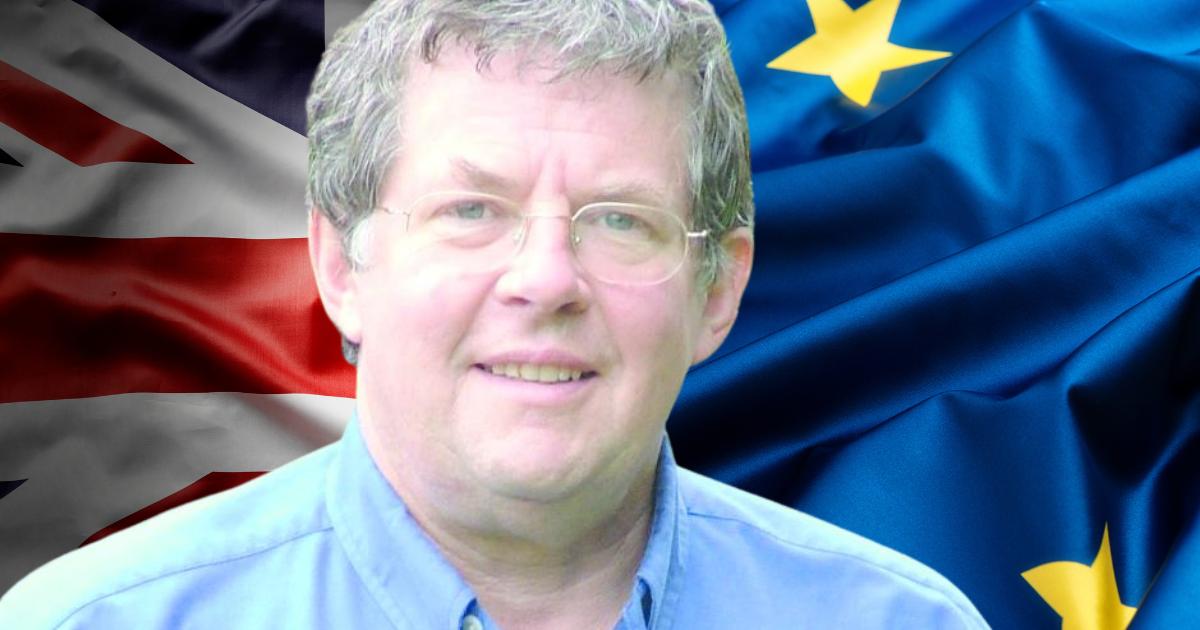The promises of better times for farming have evaporated and the answer to that question is simple. The gap is based on political influence. That has been lost in the UK, but it is still alive and well in the EU.
It is now surfacing over plans to end the two traditional pillars of the CAP – direct support and rural development – in favour of a single fund. Farmers and many member states are rightly suspicious that this would dilute guaranteed support for farm production that goes back to the founding of the original EEC.
Those opposed to this change – and that includes 20 EU member states – do not need to look too far to show what happens when the farming side of the equation loses influence. That has happened here and it should be a salutary warning to those considering changes to how the CAP operates.
It is worse here because of the myopic green focus of successive governments; farming has lost all political influence at Westminster and sadly in the devolved regions too, where the importance of farming and food production should be recognised. Our situation is even worse than that of farmers in the EU.
Policy there has eased back on the pursuit of green solutions; there is a new recognition around the importance food production, with a focus on ensuring young farmers see a future. Despite the political steam the planned change to a single CAP has behind it, the status quo that goes back to the original Treaty of Rome that set up the then EEC could again win out.
This debate highlights the loss of political power UK agriculture has suffered since Brexit. It is irreversible without a change of heart away from green dogma at Westminster and, sadly, in the devolved regions.
This is not to say that everything is perfect in the EU by any means, but there is more of a recognition there that agriculture and food production are vital, especially in the global situation we face. Food security, as a concept, has moved up the EU agenda, but despite the risks the UK faces from long supply chains and food import dependence successive UK governments seem blissfully unaware of the risks its food supply chain faces.
Rising energy costs triggered the last massive spike in food prices and it could happen again if oil supplies come under greater threat; shipping costs could rise, underlining the dangers of import dependence. The EU has shifted its focus from green policies to food security and we should be doing the same.
The government is stepping up its funding for defence, re-ordering priorities.
In that process it should be looking at the resilience of its food supply chain.
That includes domestic production and whether the industry is receiving the right signals from politicians. It needs to consider, as an equal priority with defence, the risks in an increasingly uncertain world of depending on long supply chains for farm inputs and food products.
It seems ironic that politicians are now talking more and more about the need for a stronger defence strategy, while ignoring the dangers from pursuing policies that undermine the resilience of our own food supply chain.
As a political strategy that simply does not add up to a common sense approach to living with a more risky global situation.
Agriculture will, as always, respond to the will of politicians. We need to follow the European lead and without much public fuss ease back on the green pedal in favour of the food production and food security pedal. That makes sense as a responsible government policy. It tops the present approach of seeing food production as the poor relation of a largely unworkable green vision.
Farmers will always respond to a mix of political and market signals. EU figures for the first quarter of the year point to stronger markets, which are the signals farmers need to press ahead. Despite the gloom and doom around a drought-hit start to the season farmers and nature are proving resilient.
Latest figures are pointing to a European grain harvest up on previous years and forecasts at above 300 million tonnes.
This confirms the resilience of agriculture against weather experts and politicians, who too often join forces to deliver a global gloom and doom message.

